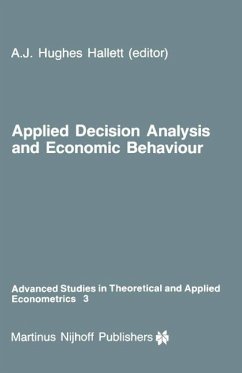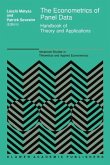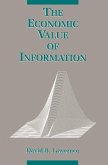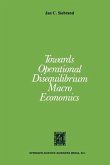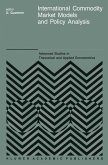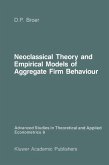The optimisation of economic systems over time, and in an uncertain environment, is central to the study of economic behaviour. The behaviour of rational decision makers, whether they are market agents, firms, or governments and their agencies, is governed by decisions designed to seeure the best outcomes subject to the perceived information and economic responses (inlcuding those of other agents). Economic behaviour has therefore to be analysed in terms of the outcomes of a multiperiod stochastic optimisation process containing four main components: the economic responses (the dynamic constraints, represented by an economic model); the objec tive function (the goals and their priorities); the conditioning information (expected exogenous events and the expected future state of the economy); and risk manage ment (how uncertainties are accommodated). The papers presented in this book all analyse some aspect of economic behaviour related to the objectives, information, or risk components of the decision process. While the construction of economic models obviously also has a vital role to play, that component has received much greater (or almost exclusive) attention elsewhere. These papers examine optimising behaviour in a wide range of economic problems, both theoretical and applied. They reflect a variety of concerns: economic responses under rational expectations; the Lucas critique and optimal fiscal or monetary poli eies; market management; partly endogenous goals; evaluating government reactions; locational decisions; uncertainty and information structures; and forecasting with endogenous reactions.
Dieser Download kann aus rechtlichen Gründen nur mit Rechnungsadresse in A, B, BG, CY, CZ, D, DK, EW, E, FIN, F, GR, HR, H, IRL, I, LT, L, LR, M, NL, PL, P, R, S, SLO, SK ausgeliefert werden.

